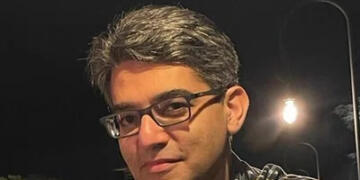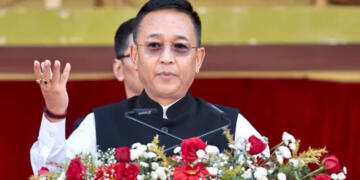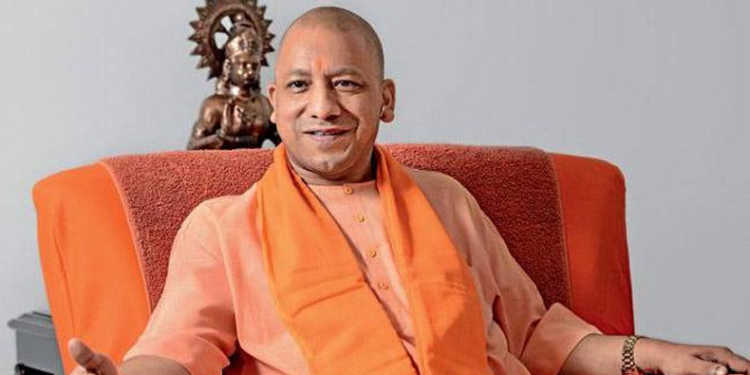As we are all aware that India is always in an election mode. Every year one or the other state is ready for an election and this entire process consumes a lot of time and resources. This not only affects governance but also developmental works. In order to save India from this vicious cycle of election, PM Modi pitched an idea of ‘One Nation, One Election’, which means elections to Lok Sabha, Legislative Assemblies of 29 states and 2 UT’s would be conducted in one go. Now, PM Modi’s idea also has the official backing of Uttar Pradesh, which sends maximum members to the Lok Sabha. UP Chief Minister Yogi Adityanath said, “State polls, general elections and by-polls held at different times hamper development due to the Model Code of Conduct and deployment of election staff and security personnel. The Prime Minister has started a campaign for all elections to be held at the same time so that we don’t spend on elections every five years”.
After PM Modi mooted the idea of simultaneous election, the government of Uttar Pradesh and Madhya Pradesh constituted to look into the possibility of this idea. The committee in UP, headed by UP Health Minister Siddharth Nath Singh, has submitted its report. Singh said, “Prime Minister Narendra Modi mooted this idea. I took feedback from former Election Commission officers as well as retired judges. It’s in public interest; it is important for all political parties to set politics aside and think about it. This will save time and resources. I think in future even panchayat and municipal elections can be held together”.
Also, regarding this Yogi Adityanath said , “We constituted a team of experts under the leadership of Health Minister Siddharth Nath Singh and asked them about the possibility of one election along with one voters list and linking the list with Aadhaar cards so that everyone who turns 18 gets automatically added.” The report has suggested that cut off dates should be issued for the state assemblies for conducting simultaneous elections. The first cut-off date suggested is December 2021 which means all the states whose term is going to get over by then can go for the simultaneous poll along with May 2019 Lok Sabha elections. The second cut-off suggested for the remaining state assemblies is 2024. By 2024, India can have simultaneous elections. In order to achieve this, some state will have shorter tenures, and some will have longer tenures. Though next assembly elections in UP are going to be held in 2022 it has been gathered that Yogi government is willing to go for simultaneous polls along with the Lok Sabha elections in May 2019. This will set precedence for others to follow. Siddharth Singh made it clear by saying “there is no attempt to force the idea. As PM has said let’s have a national debate. We can also start this exercise by 2019”.
President Ramnath Kovind and Election Commission of India has also backed the idea of simultaneous election. Former Election Commissioner SY Qureshi also backed this idea of ‘one nation, one election’. He said, “From the Election Commission’s point of view this is the easiest thing to happen. The voter is the same, polling stations are the same, and the security needed is the same”. However, regional parties are reluctant to accept this idea. West Bengal CM Mamata Banerjee idea of simultaneous election is equal to proclamation of emergency in the country. The CPI (M) party called the idea, “unscientific and impracticable”. D Raja, CPI leader said, “One nation-one poll is not a practical idea. A common voters list is also not feasible”. Other regional parties like NCP and AIMIM have also rejected the concept, even though the concept of simultaneous election is not new. From 1951 to 1967, the elections were held simultaneously but then due to dissolution of certain state assemblies, this practice stopped.
Since Uttar Pradesh CM Yogi Adityanath has backed this novel idea mooted by PM Modi, keeping the politics aside others should also come forward and accept it because this will bring about several benefits to the country, for instance parties will get more time for developmental work, it will also reduce the expenditure of political parties and along with saving time it will reduce the administrative burden as well.


























